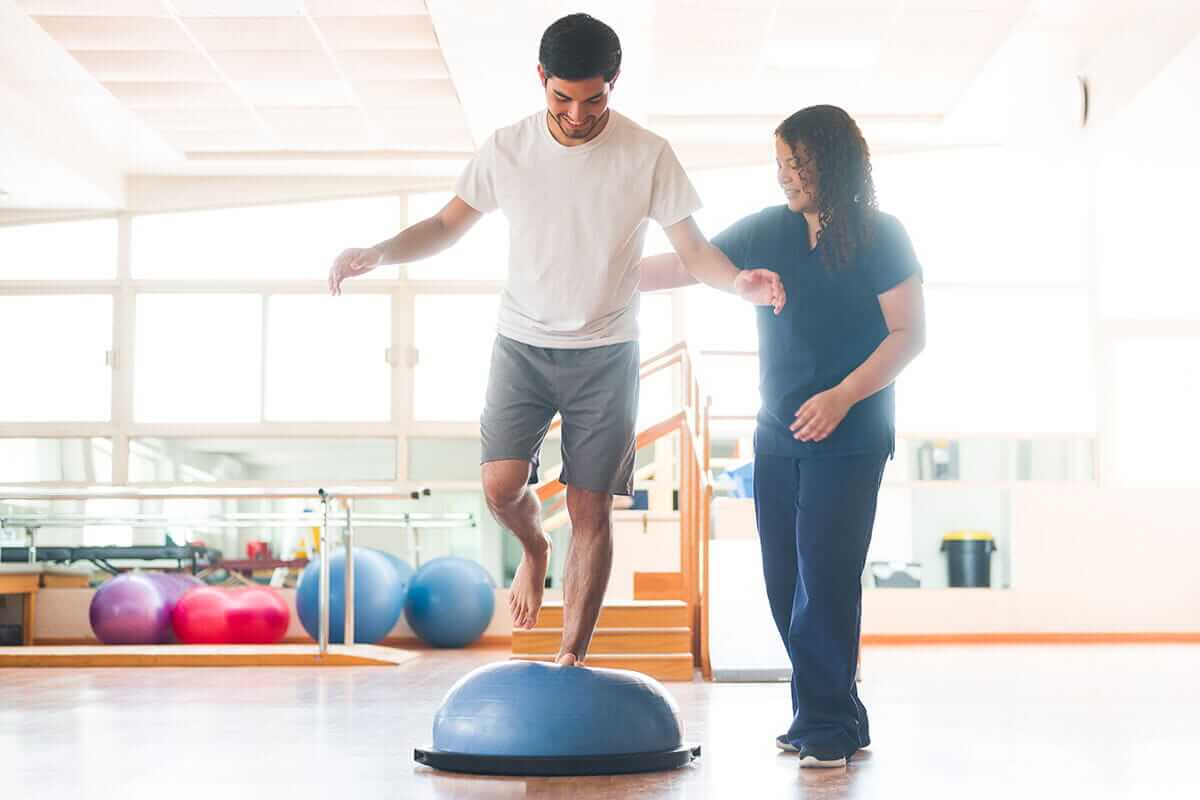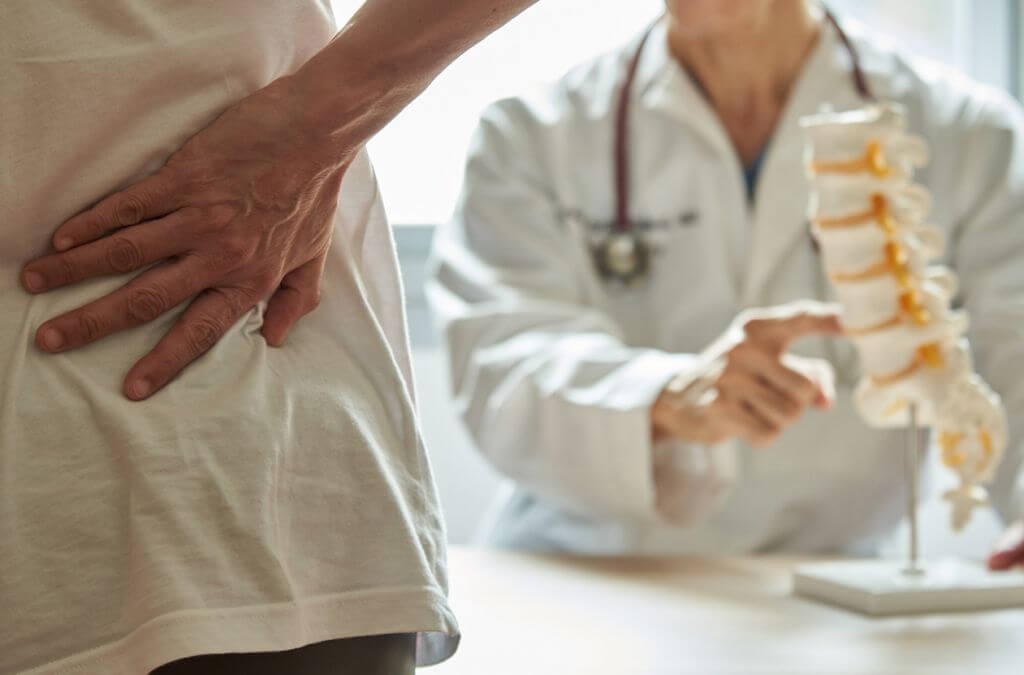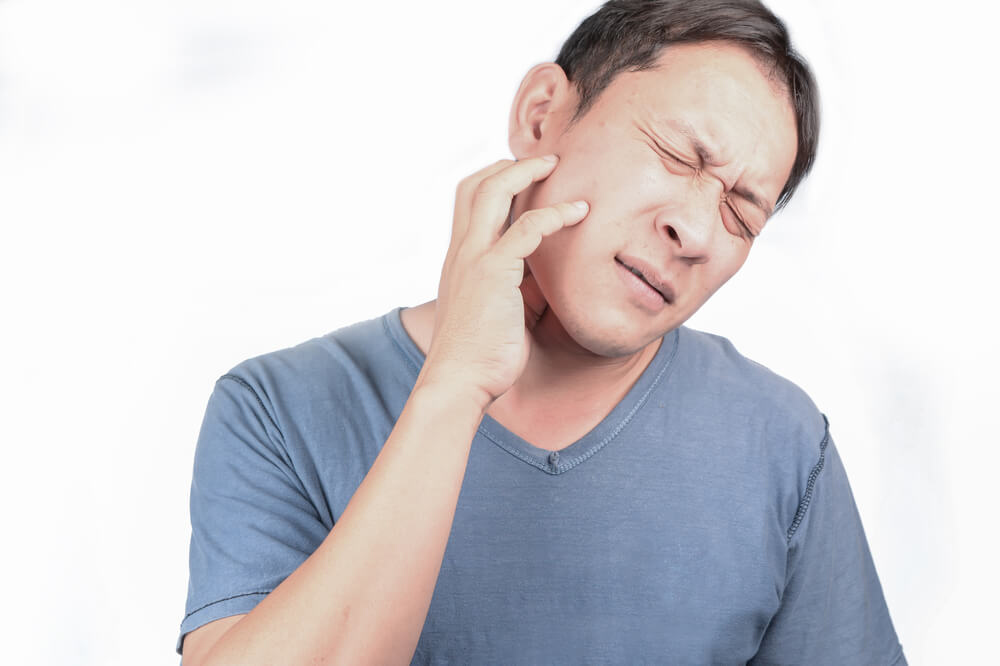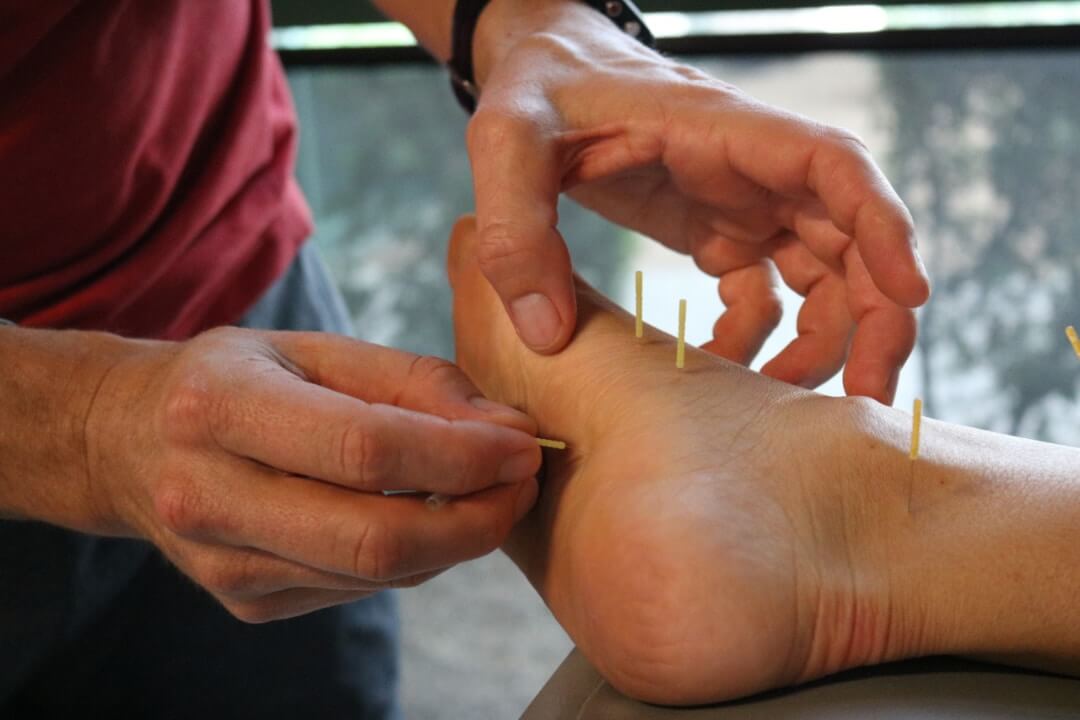There are so many activities that we perform daily that require pushing through the wrist and hand. When healthy, you may not notice how frequently we rely on the wrist to help us to, for example, push up from a chair, push a door open, carry heavier objects, or support the body as we change
Health Blog

This Muscle May Be Responsible for Your Low Back Pain
October 26th, 2023Low back pain is a common condition that has a number of potential causes. This can be due to the joints of the spine or the muscles that surround it. Aside from acute injuries, pain in the low back is oftentimes the result of prolonged postural demands that exceed the body’s ability to sustain. In

Adding This Type of Exercise Can Help Reduce Risk of Ankle Injury
October 19th, 2023Many people heavily focus on strength training and/or cardio exercise to improve their fitness and overall sport performance. These are both key components that can help performance, but there is one other type of training that has been shown to be beneficial in prevention of ankle injuries. Studies evaluating ankle injuries in soccer players have

Resolving Muscle “Knots” In The Upper Back
October 16th, 2023Muscle tightness can result in localized dense areas of muscle tissue that people commonly refer to as “knots.” Many people experience this between their shoulder blades or in the upper trapezius/shoulder. These tense, stubborn knots can cause discomfort, limit your range of motion, and even lead to headaches. Fortunately, physical therapy offers effective techniques to

Total Hip Replacements and Physical Therapy
October 10th, 2023Total hip replacement (THR), also known as hip arthroplasty, is a surgical procedure that can be life-changing for individuals suffering from hip pain and limited mobility due to conditions like osteoarthritis, rheumatoid arthritis, or hip fractures. While the surgery itself is a significant step towards pain relief and improved function, the journey to full recovery

The Impact of Range of Motion Deficits on Daily Function
October 3rd, 2023When it comes to our daily lives, we often take for granted the simple tasks that allow us to function independently. From reaching for that morning cup of coffee to bending down to tie our shoelaces, our ability to move freely plays a vital role in maintaining our quality of life. However, range of motion

Is Disc Herniation Causing Your Back Pain?
September 29th, 2023Many people are familiar with the idea that issues pertaining to discs can result in severe back pain, but there is often some uncertainty about what this means and what is happening. Back pain can occur for many reasons, but disc herniation often has specific characteristics that make it easier to identify this condition. What

Jaw Clicking: A Closer Look at the TMJ
September 26th, 2023The temporomandibular joint (TMJ) allows you to open and close your mouth and shift your jaw forward and backward and side-to-side. Normally, these motions are pain-free and smooth. In some cases, opening and closing of the jaw can cause clicking and pain. This is something that may warrant a closer look to identify any problems

What Causes Stiff Joints? Understanding Joint Stiffness and Its Remedies
September 19th, 2023Joint stiffness is a common complaint among people of all ages, and it can significantly impact one’s mobility and quality of life. Stiff joints can occur in various parts of the body, such as the knees, hips, shoulders, and hands. In this blog post, we’ll explore the causes of stiff joints and discuss how physical



